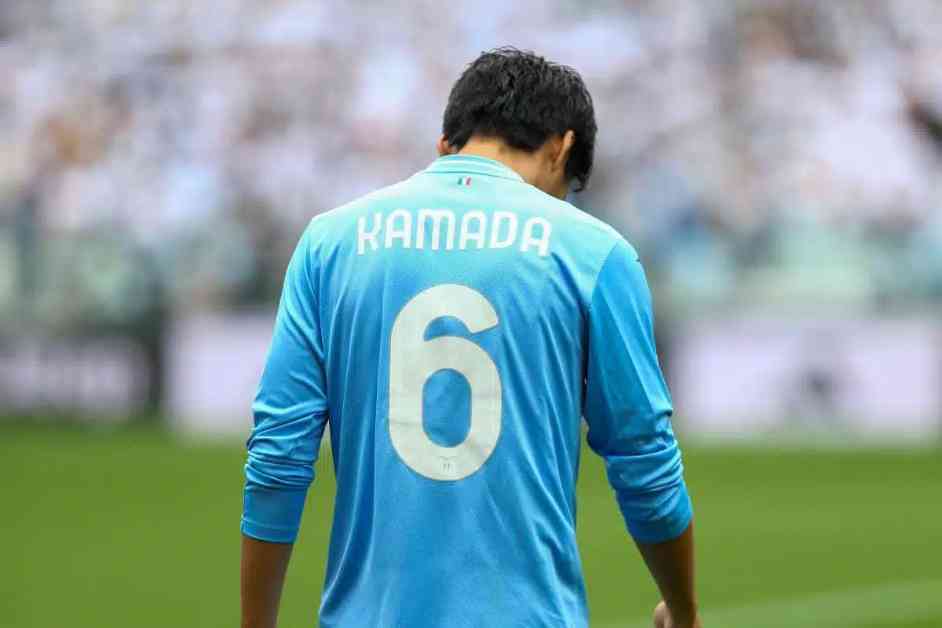Daichi Kamada, the Japanese international with 33 caps, is set to leave the Italian team Lazio Rome and make a move to England. According to Italian journalist Fabrizio Romano, the 27-year-old midfielder has agreed to join Crystal Palace for a two-year deal. The medical check-up has been successfully completed, and the official announcement of the transfer is imminent. Since Kamada was at the end of his contract, Lazio will not receive any transfer fee.
This move to Crystal Palace marks an exciting new chapter in Kamada’s career. The midfielder has proven himself on the international stage with his 33 appearances for Japan, and now he will have the opportunity to showcase his skills in the competitive English football scene.
Crystal Palace fans can look forward to seeing Kamada in action as he brings his technical ability, vision, and experience to the team. His versatility in midfield will provide manager Roy Hodgson with additional options and depth in the squad.
Kamada’s arrival at Crystal Palace comes at a time when the club is looking to strengthen its midfield and build a competitive team for the upcoming season. His signing represents a smart move by the Eagles, as they secure a talented player on a free transfer.
As Kamada prepares to embark on this new journey in the Premier League, fans and pundits alike will be eager to see how he adapts to the demands of English football. With his skillset and experience, he has the potential to make a significant impact at Crystal Palace and leave a lasting mark on the English football scene.

